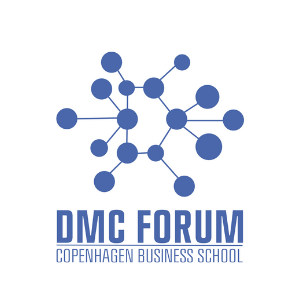One emerging logic for regulatory intervention treats platforms as the “new utilities” of the digital economy – i.e., digital finfrastructures that need to guarantee equal access to and use of data and network resources. As per the case with traditional utilities such as energy or telco, this logic calls for a separation between the network infrastructure and the services that run through it, with proposed remedies ranging from imposing interoperability on the core service to mandating data access and data sharing. This, the argument goes, would guarantee equal access to services and curb platform market power by imposing remedies such as compatibility and interoperability of services across networks.
This view is somewhat in contrast with much of the research in the management literature, which conceives of digital platforms, and their connected ecosystems, as new modes of organizing economic activity and creating greater value for the consumer. Digital platforms are viewed as complex technology systems and ecosystems, which involve specific (rather than generic) complementarities and an active governance to steer the technology evolution and drive innovation and value creation. Unlike the traditional sectors where firms make choices within a given market and sector context, platform firms can be seen as architects of choice, in that, by building ecosystems they create and shape new structures of economic relationships in which value can take place. In addition, they govern the interactions among different actors to curate a menu of value options that the customer is free to choose from. In this sense, the network and digital technology infrastructure are not neutral to consumer choices; this curation or governance activity is central to the value creation process.
This report explores the implications of these views by revisiting first the role of network size for network effects, then discusses when data can lead to network effects dynamics and create entry barriers or when they might stimulate greater innovation and competition. Finally, it offers some reflections on how useful is viewing digital platforms as the new utilities of the digital economy; and concludes with a brief account of the challenges and issues with the writing of effective competition law.
About the report's author



